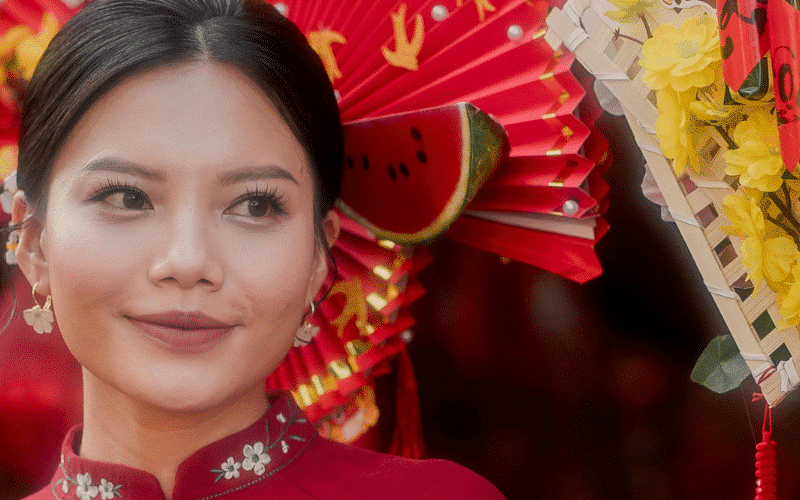“Old Money” vs. “New Money:” How Class Wars Reinforce Racial Inequality
The “old money” vs. “new money” narrative isn’t just a wealth comparison—it’s a reflection of deep-seated racial inequalities. But why do these terms matter?

The terms “old money” and “new money” aren’t new. At first glance, they’re just an observational comment on the accumulation of wealth. But if you look deeper, the implications are a lot more complex than that. “Old money” and “new money” actually reflect the ongoing class wars that reinforce racial inequality in this capitalistic society we inhabit. But how do these terms intersect with systemic racism and racial hierarchies, exactly?
What Is “Old Money” vs. “New Money”
Before diving into the crux of the issue, it’s essential to understand the underlying connotations both of these terms carry. “Old money” typically refers to families or individuals who have maintained their wealth over several generations. These families often pride themselves on traditions, lineage, and sometimes even blue-blooded ancestry. In contrast, the term “new money” is used to describe people or families who’ve acquired wealth in their lifetime, often through innovation, entrepreneurship, or sudden fame.
The problem isn’t the definitions but the values and assumptions attached to them.
The vast majority of “old money” families are white and that’s due to the historical advantages and opportunities afforded to them, often at the disproportionate expense and exclusion of people of color. Considering the U.S. context, centuries of systemic racism – from slavery, Jim Crow laws, to discriminatory lending practices – have actively kept Black, Latino, and other communities of color from accumulating generational wealth. By venerating “old money” and its associated sophistication or class, we inadvertently celebrate a system that thrived on racial inequality.
The dichotomy often casts “new money” as flashy, ostentatious, or lacking in class. This not only undermines the hard work, innovation, and resilience of “new money” individuals but also disproportionately impacts people of color, who, due to systemic barriers, are more often in the “new money” category.
How Do These Terms Reinforce Racial Inequality
The terms “old money” and “new money” reinforce racial stereotypes precisely because of the images they invoke and the underlying assumptions they reinforce. “Old money” often brings to mind generations of wealthy, white families who have inherited their wealth, living in grand mansions and belonging to exclusive social circles. This image suggests a sense of tradition, stability, and entitlement to wealth.
On the other hand, “new money” typically conjures up images of flashy, self-made people—such as tech moguls, entertainers, sports stars, and entrepreneurs—who have recently acquired wealth. They’re often outsiders to the traditional elite and many of them are people of color.
This contrast subtly implies that wealth for people of color is something new, temporary, or obtained through unconventional means or sheer luck. It reinforces the idea that true, lasting wealth belongs to the white elite, and creates a distinction about who truly “deserves” wealth depending on how it’s acquired and the color of their skin.
Language is powerful. The way we name and categorize things can shape perceptions, influence opinions, and even determine value systems. By perpetuating the “old money” vs. “new money” narrative without a second thought, we’re endorsing the racial biases they carry.
We can choose to celebrate new beginnings, innovation, persistence, determination, and diverse paths to success. We can recognize that wealth accumulated without the shadow of oppression has its unique value. And most importantly, we can remember that in the age of information, the stories we amplify and the names we give to things can either perpetuate systemic racism or challenge and change it.
In this digital age, we have the power to rewrite narratives.




